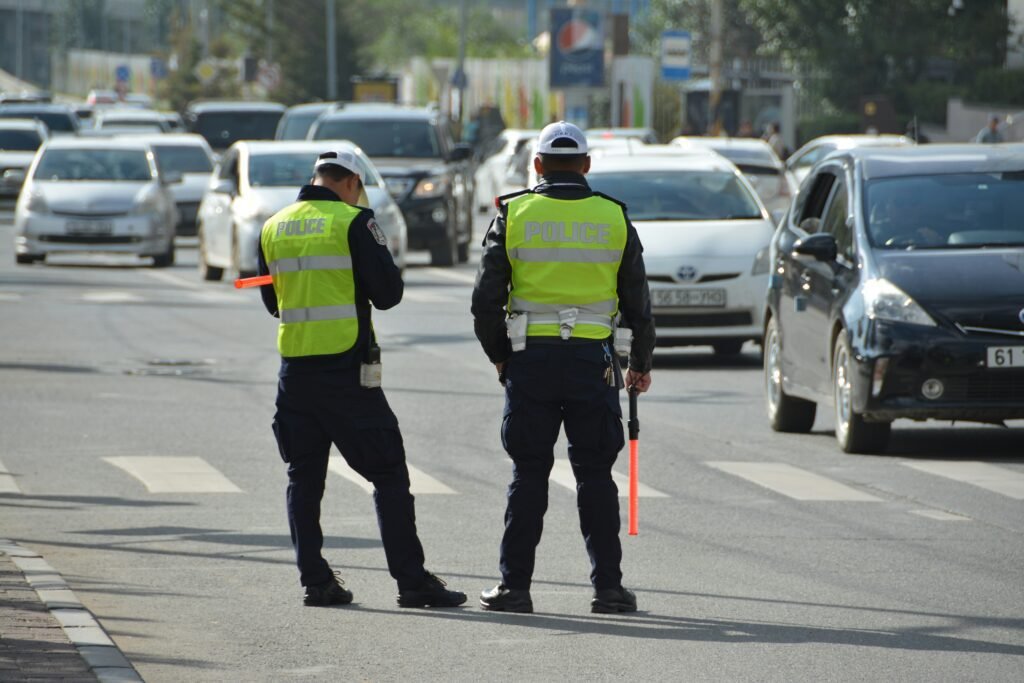Police in Rio de Janeiro arrested a man after uncovering an illegal cryptocurrency mining operation running 24/7 on Governador Island. Officers found a rented property in Freguesia with no meter and racks of high-performance rigs. The suspect allegedly siphoned electricity to power the machines, creating a persistent drain on the local grid. Authorities say illegal cryptocurrency mining strains energy infrastructure and raises theft-related losses across Brazil. The raid follows a wave of enforcement in South America and beyond.
Illegal mining on Governador Island
On Governador Island, police reported a home used exclusively for illegal cryptocurrency mining. Investigators discovered ASICs and GPUs stacked in rooms and cooling fans running day and night. The absence of an electric meter pointed to deliberate tampering and electricity theft to keep the crypto mining operation profitable. The arrested resident now faces charges tied to theft and unauthorized power use. The illegal cryptocurrency mining operation mirrored others seen in nearby countries.
How electricity theft happened
Officials say the setup bypassed normal metering and tapped building lines directly. This kind of electricity theft made continuous hashing affordable despite heavy energy costs. Utilities often spot anomalies when transformers overheat or consumption patterns spike. Stopping illegal cryptocurrency mining requires upgraded metering and faster utility response. Rapid detection is key to preventing repeat offenses.
Impact on energy infrastructure
Large-scale rigs use megawatts and can overload local distribution systems. When operators hide rigs and steal power, repair and replacement costs fall on utilities and ratepayers. Paraguay reported tens of millions in losses linked to stolen electricity for crypto farms, and Venezuela led regional shutdowns in 2023. Because illegal cryptocurrency mining hides behind meter tampering, detection becomes harder. The combined effect is reduced grid reliability and higher bills for residents.
Regional crackdown and Paraguay
Brazil’s action fits a pattern of regional enforcement in 2023 and 2024. Paraguay has debated strict bans after seeing theft tied to unlicensed mining. Venezuela’s shutdown efforts aimed to protect already fragile grids. Similar incidents have appeared worldwide, from Southeast Asia to the Middle East. Governments increasingly treat illegal cryptocurrency mining as both a criminal and infrastructure priority.
Policy and cryptocurrency regulation
Political actors, including Brazil’s Workers Party, are pushing for clearer cryptocurrency regulation and licensed mining zones. Better rules would help legal miners secure stable power contracts and comply with environmental limits. Tougher penalties for electricity theft aim to deter operators who choose illicit routes. Coordinated regulation can reduce incentives for illegal cryptocurrency mining and help integrate mining into formal energy markets.
What residents should know
If you hear constant machine noise or see unusual heat, report it to your utility and police. Landlords should verify meters and tenant activity to avoid hosting illegal rigs unknowingly. Utilities can inspect transformers and billing patterns to catch theft early. Community tips are often the fastest way to expose a hidden crypto mining operation. Protecting the grid protects homes and businesses.
Frequently asked questions about illegal cryptocurrency mining (faq)
Q: what is illegal cryptocurrency mining?
A: Illegal cryptocurrency mining is the unauthorized use of power and equipment to mine crypto, often involving electricity theft or unlicensed operations.
Q: how do authorities detect illegal cryptocurrency mining?
A: Detecting illegal cryptocurrency mining relies on abnormal power use, heat and noise complaints, meter tampering checks, and targeted police or utility inspections.
Q: what penalties apply for electricity theft tied to mining?
A: Penalties vary by jurisdiction but can include criminal charges, fines, equipment seizures, and liability for repair costs to energy infrastructure.
Sources to this article
DefiDonkey (2024) ‘Illegal cryptocurrency mining in care homes Hong Kong triggers police arrests’, DefiDonkey. Available at: https://defidonkey.com/en/market-analysis/illegal-cryptocurrency-mining-in-care-homes-hong-kong/ (Accessed: 11 September 2025).



